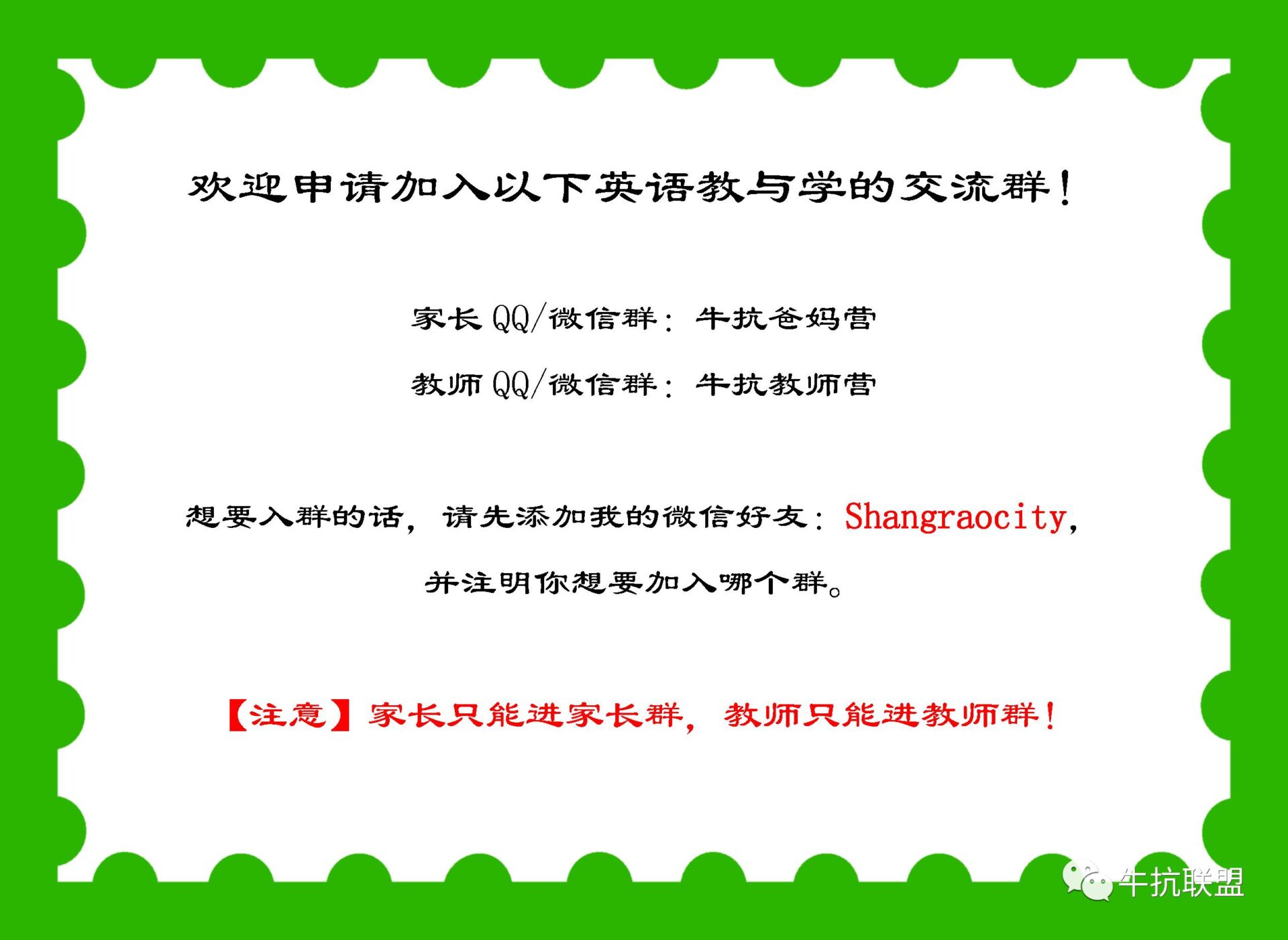The modal verb can is frequently used in English, and its main usages and points of focus include:
1. Expressing Ability
In this case, can means “to be able to”. In negative sentences, simply add not after can, and in interrogative sentences, move can to the beginning of the sentence. For example:
Affirmative: She can drive a car. (她会开车。)
Negative: She cannot/can’t drive a car.
General question and its answer: Can she drive a car? Yes, she can. / No, she can’t.
Questioning the underlined part: What can she drive? (If the underlined part is a car)
Note: Can vs. Be Able To
1. Be able to can only express “to be able to”, but can has other meanings. Please refer to the following usages of can.
2. Can has only present and past forms, while be able to has multiple tense forms. For example:
Will you be able to come tomorrow? (你明天能来吗?)
This factory has been able to produce newly-devised sewing machines. (这家工厂已能生产新设计的缝纫机了。)
3. Another auxiliary verb can be added before be able to, often used in negative or interrogative structures, while can does not have this usage. For example:
He may be able to come tomorrow morning. (他明早可能能来。)
4. In negative structures, be able to expresses a temporary situation, while can expresses a habitual situation. For example:
He is not able to swim today. (他今天不能游泳。)
He can’t swim at all. (他根本不会游泳。)
5. Be able to can be followed by a linking structure, indicating a state or quality, while can does not have this usage. For example:
He was able to be cold about her now. (他现在对她可能有些冷淡。)
6. Be able to has a non-finite verb form (i.e., it can appear in the infinitive form or as a gerund or participle), while can does not. For example:
I hope to be able to do the work. (我希望能做这项工作。)
Being able to sing well, he decided to take part in the singing contest. (因为擅长唱歌,他决定参加歌唱比赛。)
He left the classroom sadly, without being able to answer six of the questions of the test. (他难过地离开了教室,有六道题没答出。)

2. Expressing Permission
In this case, can means “to be allowed to”. For example:
Can you lend me a pen? (能借我一支笔吗?)
He can leave now. (他现在可以离开了。)
Note: Can vs. May
Note the comparison:
Can I help you?
May I help you?
May has a more polite tone.

3. Expressing Guess
When can is used to express guess, it must be in the negative form can’t, indicating a strong possibility of negation. For example:
For a past time: He can’t have gone to Paris. I saw him on the street just now. (他不可能已经去巴黎了。我刚才在街上看到他了。)
For the present time: He can’t be reading in the library now. (他现在不可能在图书馆看书。)
Note: Can’t vs. Must
Can’t indicates a negative guess, while must indicates a positive guess. For example:
For a past time: He must have been to New York many times, because he knows it very well. (他一定去过纽约很多次了,因为他对纽约了如指掌。)
For the present time: He must be cleaning the classroom now. (他现在肯定在打扫教室。)

4. Fun Usage
Sometimes, can is used as a lexical verb, meaning “to can”; in this case, can can also be used as a noun, meaning “a can”. For example:
He can can the can he can can.
This sentence may seem confusing at first glance, but to understand it, one must realize that can can be used both as a lexical verb and a noun.
The first and fourth can in the sentence are modal verbs, meaning “to be able to”. The second and fifth can are lexical verbs, meaning “to can”. The third can is a noun, meaning “a can”. And the clause following the can actually is a relative clause, omitting that or which.
Thus, the original sentence means:
He can can the can he can can. (他能装他会装的罐头。)
It still sounds a bit convoluted, haha!

